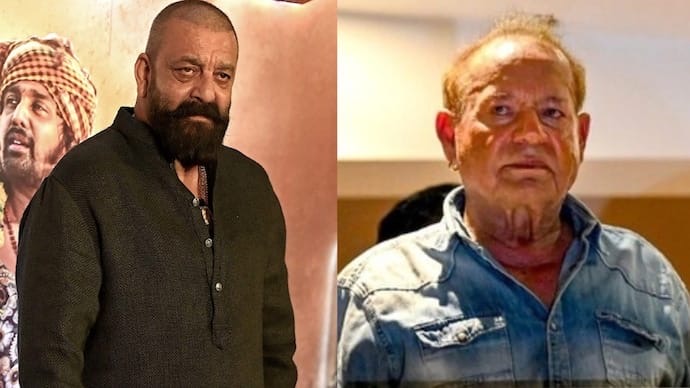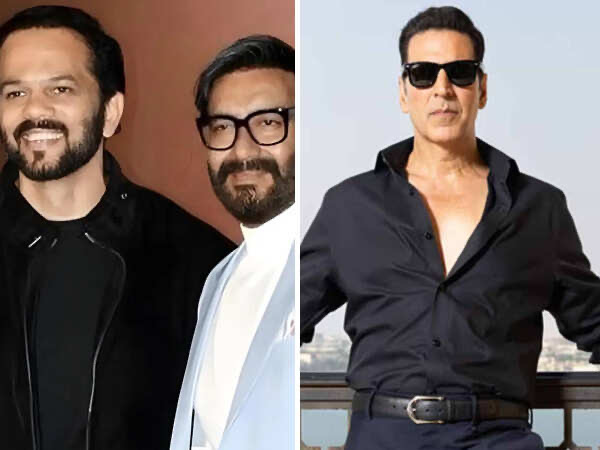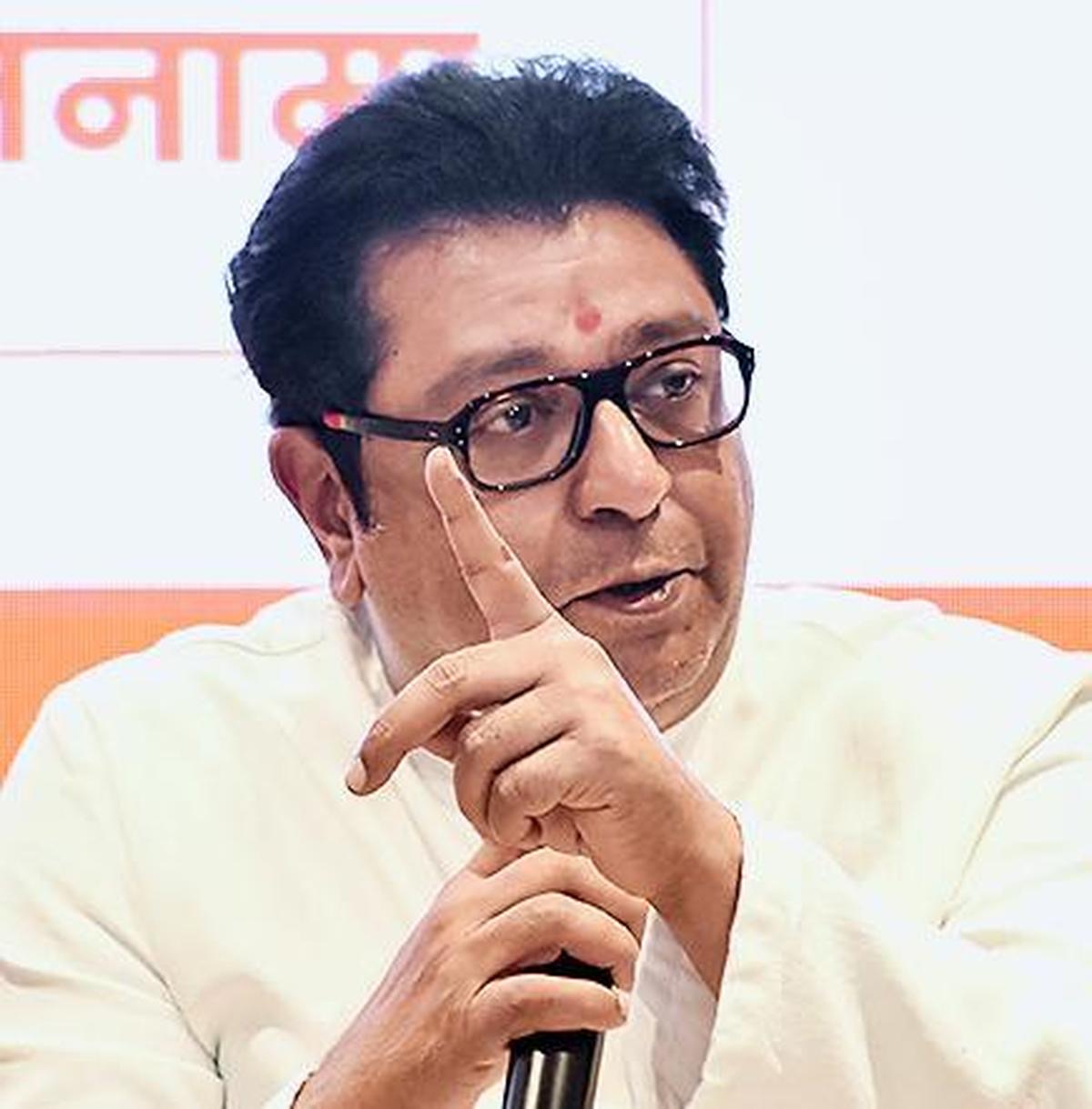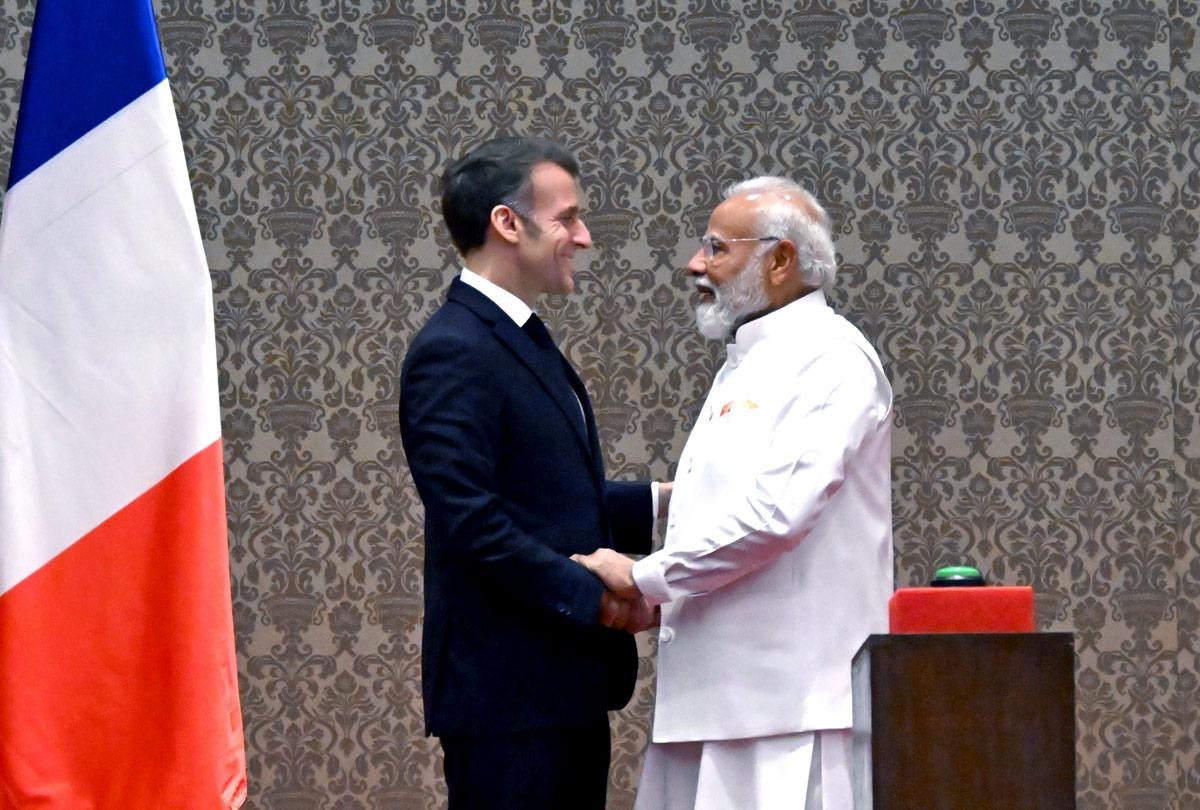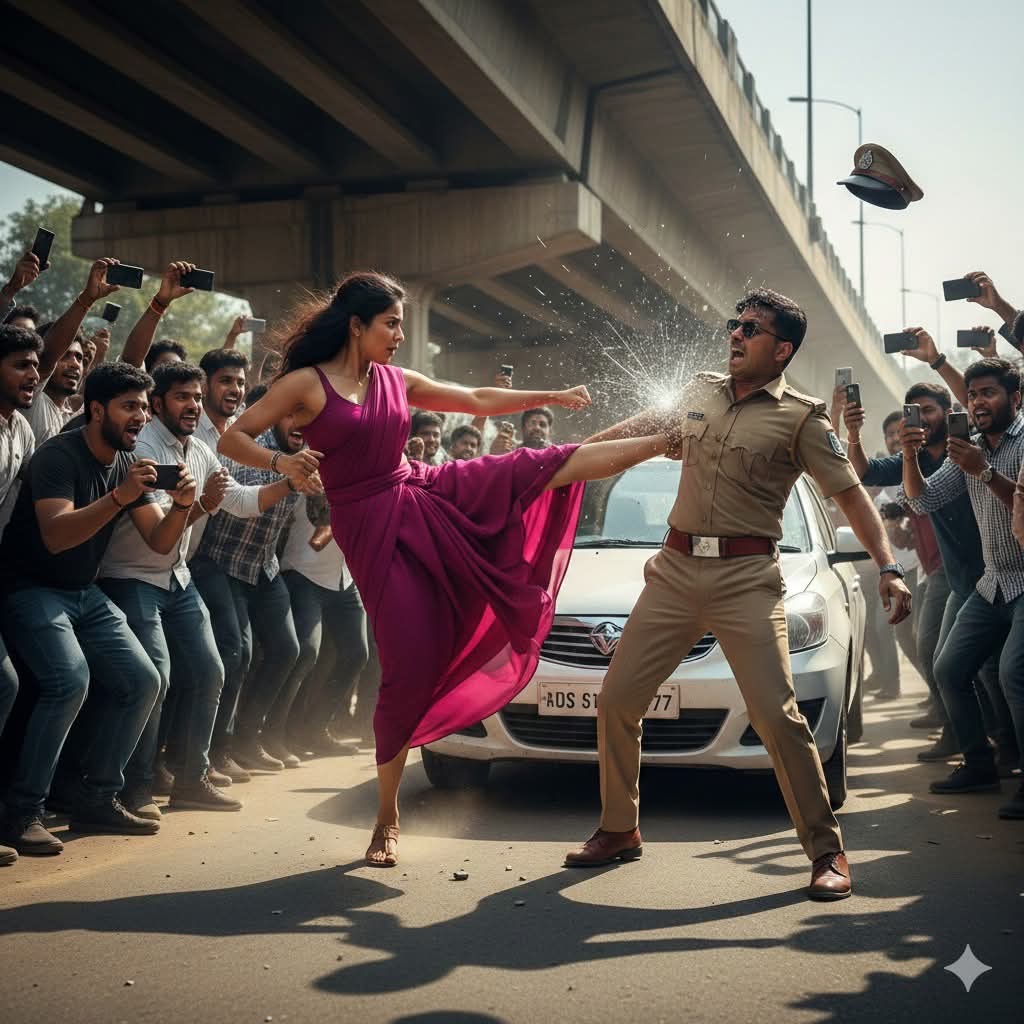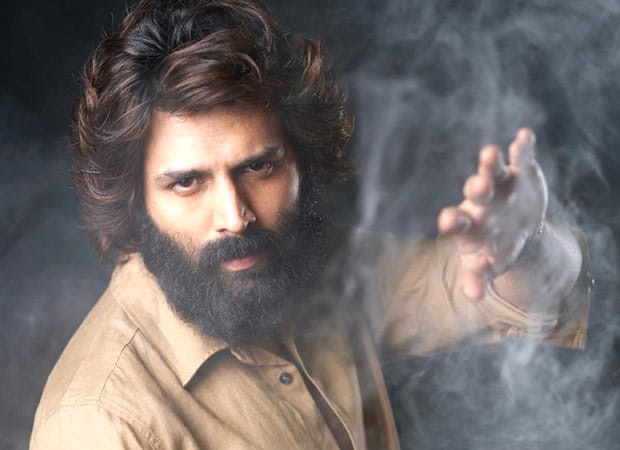Film Editors open up on unfair working conditions 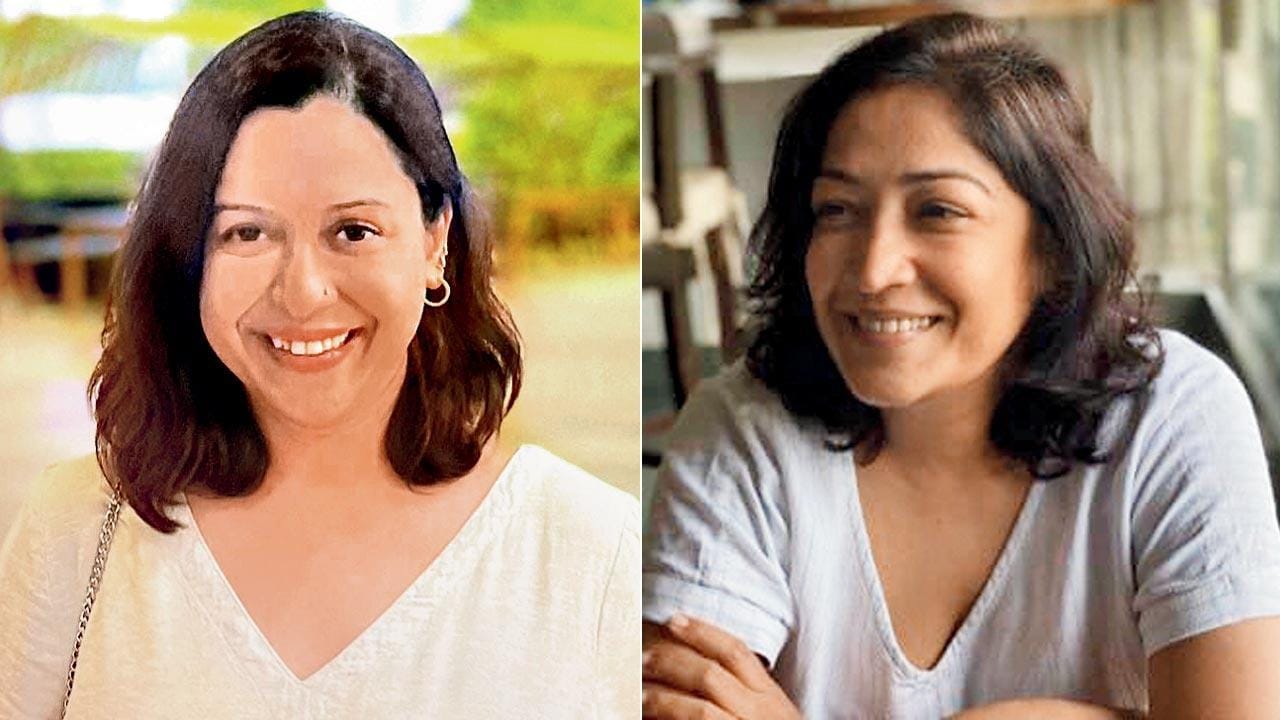
Admittedly, Editing is a.crucial art, but adversely invisible.
Ruefully, Bollywood’s leading editors too are being
ostracised by being subjected to unfair working conditions.
It was last November, there was a report in Midday that a group of editors met the Association of Film and Video Editors (AFVE), and the Federation of Western India Cine Employees (FWICE) to put forward their demand for fair working practices It now appears that their woes have only worsened with production houses
discerning against them with something as basic as meals.
Shweta Venkat and Antara Lahiri’s upcoming projects includes an actress to Junaid Khan’s Maharaj and Ananya Panday’s Call Me Bae respectively.
Antara Lahiri, who has edited Ananya Panday’s next Call Me Bae, says until recently, many editing teams weren’t even provided food, or meal reimbursements. “It’s pathetic but meal expenses have to be discussed amidst negotiations. If not, productions assume you will never be eating in the course of the project.
She focuses on the recent development of caps on food reimbursement, and how they are ironically low for editors, while production houses spend lavishly on meals for actors, filmmakers and the on-set teams. Lahiri rues, that there is a bizarre inequity in the way caps are imposed. A head of department the editor can order a meal worth, say R700. But the associate and assistant editor’s meal cap is R400-500. Why there is a hierarchy in food is beyond her and in contrast sometimes, she has heard directors and production teams brag about the gourmet food that was served on set. But these same teams expect them to survive on cheap, greasy dabba. Eyebrows are raised if you or your team wants to eat healthy. Is it only an actor’s prerogative to stay fit?”
She recalled that’s not all. She has also experienced studios serving contaminated food to editors. Once, she spotted worms in the rice, and this was a tiffin service ordered by a well-known production house.
Senior editor Deepa Bhatia, credited with movies like Taare Zameen Par (2007) and Kedarnath (2018), says earlier, food costs would be borne by the producers. “This is a relatively new trend,” she notes.
Bhatia adds, that the food costs of assistant editors seem to pinch the producers. But entourage costs of stars, directors and other above-the-line crew is affordable. The inequality is frightening.”
An editor, on the condition of anonymity, reveals that on a recent project, two members had a per-day food limit of as less as R150 and rues that one can probably get only an omelette at that price. Another editor working on a series shares that his team was given two options—order food worth R150, or have the production house arrange lunch box for them. His team chose the second option. A week later, they all had food poisoning.
The horror stories don’t end. Another insider notes that some production houses determine the food budget according to the film’s scale. “So, the team of a spectacle project was provided better quality food than that of a small-budget film,” says the source.
Shweta Venkat, who worked as the editor on the upcoming Maharaj and last year’s Thank You For Coming, says the
chauvinism in meals is part of a bigger disparity. Their community is severely underpaid. Movie budgets have escalated , actors and technicians may be charging more, but when it comes to post-production and editing, they still work on older rates. If you have X crore as your budget, given the kind of work an assistant editor puts in, their pay has to be sizable.” Venkat adds that it’s impossible for an assistant editor to make a living in Mumbai at the current pay scale.
As they tackle restrictive food budgets, low pay and lack of conveyance allowance, most editors feel that producers almost don’t care about treating them with dignity. Bhatia and Venkat call for urgent, affirmative action to address the chauvinism.
In the last four-five years, some of us have come together to figure out how these issues can be addressed. We’ve begun working with AFVE and we’re trying to mobilise people,” says Venkat. Lahiri, however, says that many in the community don’t speak up. “There’s a fear of being blacklisted. Every time we try to take a step forward with the union, we rarely end up making progress because very few editors are willing to make a formal complaint.
News Edit K.V.Raman


